The Reclaim You Blog
The online space to find information on eating disorder recovery, trauma and PTSD, EMDR, and body image.
Blog Post Categories
Most Recent Blog Posts
Many people don’t realize they grew up with emotionally immature parents because nothing looked obviously “bad” from the outside.
There’s care. There’s consistency. There’s effort on both sides. And still, something in the body stays tense. Or shut down. Or carefully waiting for the other shoe to drop.
If that’s familiar, it’s not because you don’t know how to be in a relationship.
Most people think trauma means obvious harm.
The yelling. The chaos. The physical or sexual abuse.
But for so many adults healing from complex trauma, the story is much quieter. It is subtle. It hides in what didn’t happen. It shows up in the emotional gaps you learned to work around as a child.
It shows up as a hollowness you can’t quite name. A loneliness you carry even when you’re surrounded by people who love you. A sense that you should be fine on paper, but inside… something still hurts.
You just spent two hours listening to your friend's breakup drama, gave thoughtful advice, held space for all their feelings. And now you're sitting in your car feeling... empty. Exhausted. Like you just ran a marathon you didn't sign up for.
And here's the kicker: when they asked "But how are YOU doing?" you said "I'm good!" without even thinking about it.
The thing is, grounding exercises and container exercises aren't interchangeable.
They do completely different things. And knowing which one to use when can make the difference between actually feeling better and spinning your wheels.
You know that moment when someone asks you for something and you immediately say yes, even though every cell in your body is screaming no?
Or when you spend twenty minutes crafting a text message because you're terrified of coming across as "difficult"?
Yeah. I see you.
You know that feeling when your brain just won't stop replaying the same thought?
"This shouldn't have happened. This isn't fair. If only I had done something different."
Round and round, like a song stuck on repeat that's slowly driving you insane.
I pulled a tarot card for November and got The Moon.
Perfect timing, honestly. Because lunar energy is exactly what so many of us need right now.
There's a particular brand of self-help that's really just self-abandonment with aesthetic marketing.
And, if you've been doing all the “right” things but still feel like you're dragging a boulder uphill, you might be caught in it.
You know that feeling when your nervous system is like a smoke alarm that won't shut off?
Heart pounding, thoughts racing, jaw clenched so tight you could crack a walnut?
Yeah, that's one end of the spectrum.
Emotional regulation (the thing everyone keeps telling you to work on) isn’t about controlling your feelings or becoming some perfectly balanced human who never loses their cool. It’s about your body finally feeling safe enough to experience what you’re feeling without either exploding or going completely offline.
That noticing created a tiny pause, just enough space to shift my attention to the changing colors all around me. Reds and oranges and that specific shade of yellow that only happens in October.
A deeper breath came in. My shoulders dropped half an inch.
You know that feeling when you’re standing in front of the cereal aisle, frozen, because you can’t decide which box to buy? Or when someone asks what you want for dinner and your brain just… blanks?
Maybe you’ve been putting off looking for help because you don’t even know where to start. Or you’ve tried therapy before and it didn’t quite land, so now you’re hesitant to try again. You know you need something, but the options feel endless and confusing. Do you need a therapist? A support group? Something else entirely?
Here’s what I want you to know: you don’t have to figure this out alone.
If you’re living with flashbacks, stuck in cycles of hypervigilance or people-pleasing, or feeling disconnected from yourself, EMDR may be the tool that finally helps you feel less at war with your own nervous system.
We offer EMDR therapy in-person at our Horsham office and online across Pennsylvania, serving clients throughout Montgomery County and beyond.
It can feel so painful when it feels like loneliness just.won’t.let.go.
Friend, you’re absolutely not alone in this.
Real talk… loneliness has become an epidemic.
Emails answered, kids fed, bills paid, that work project submitted on time. From the outside, you've really got your shit together.
But inside? You feel like you're watching your own life through foggy glass, going through the motions while some essential part of you has quietly slipped away.
Walking into your first EMDR session can feel a little like walking into the unknown. You've read about it, maybe watched a video or two, and you know it's supposed to help with trauma. But what actually happens when you sit down in that room (or log into that Zoom call) for the first time?
The nervousness makes sense.
Betrayal trauma isn't just heartbreak.
It's your body losing its blueprint for safety.
This isn't ordinary loss. This cuts at the core of what it means to be human; our need for trust, safety, and belonging.
Have you ever been going about your day making coffee, answering emails, having conversations but felt like you were watching it all happen from somewhere else? Like you were floating above your own life, present but not really there?
You're not just looking for someone with a degree on the wall. You're looking for someone who feels safe, understands what you've lived through, and knows how to help your nervous system shift out of survival mode.
If you're in Horsham or Montgomery County and considering EMDR therapy, here's what you need to know about choosing the right fit.
Even if you haven't been in school for decades, there's something about this time of year that whispers "fresh start." September just has this energy, doesn't it?
New routines, new intentions, maybe even new yoga mats gathering dust in the corner (no judgment here).
Yoga teachers often talk about hips as "storage places" for trauma, but the reality is more nuanced than that. Trauma isn't literally stuffed into your hip muscles like your clothes in a closet. What's actually happening is far more fascinating.
When Taylor Swift opened up about her eating disorder in the documentary Miss Americana, it felt like the cultural conversation around body image and eating disorders truly began to shift. This wasn’t just another celebrity confession.
Here's the reality. Good EMDR treatment moves at YOUR pace, not some predetermined timeline. If you've been hurt by therapists who pushed too hard or told you to "just get over it," this is going to feel different.
Let us walk you through what actually happens, step by step, so you can show up knowing exactly what to expect.
You're Googling "is EMDR therapy right for me" at 2 AM again, aren't you?
Listen, I get it.
You've heard about EMDR therapy, maybe from a friend, a podcast, or that one Instagram therapist who actually makes sense.
You call it "just how I am.”
But, doesn't it sometimes feel lonely in that carefully constructed fortress of self-reliance?
From the outside, you seem capable.
But, inside? You might be quietly unraveling.
That’s not just burnout. That’s the overfunctioning trauma response, a nervous system stuck in overdrive, long after danger has passed.
Join The Reclaim You Newsletter
Sign up for weekly(ish) insights, stories tips and tools to support you in Reclaiming YOU in the wake of trauma, disordered eating and body-shame


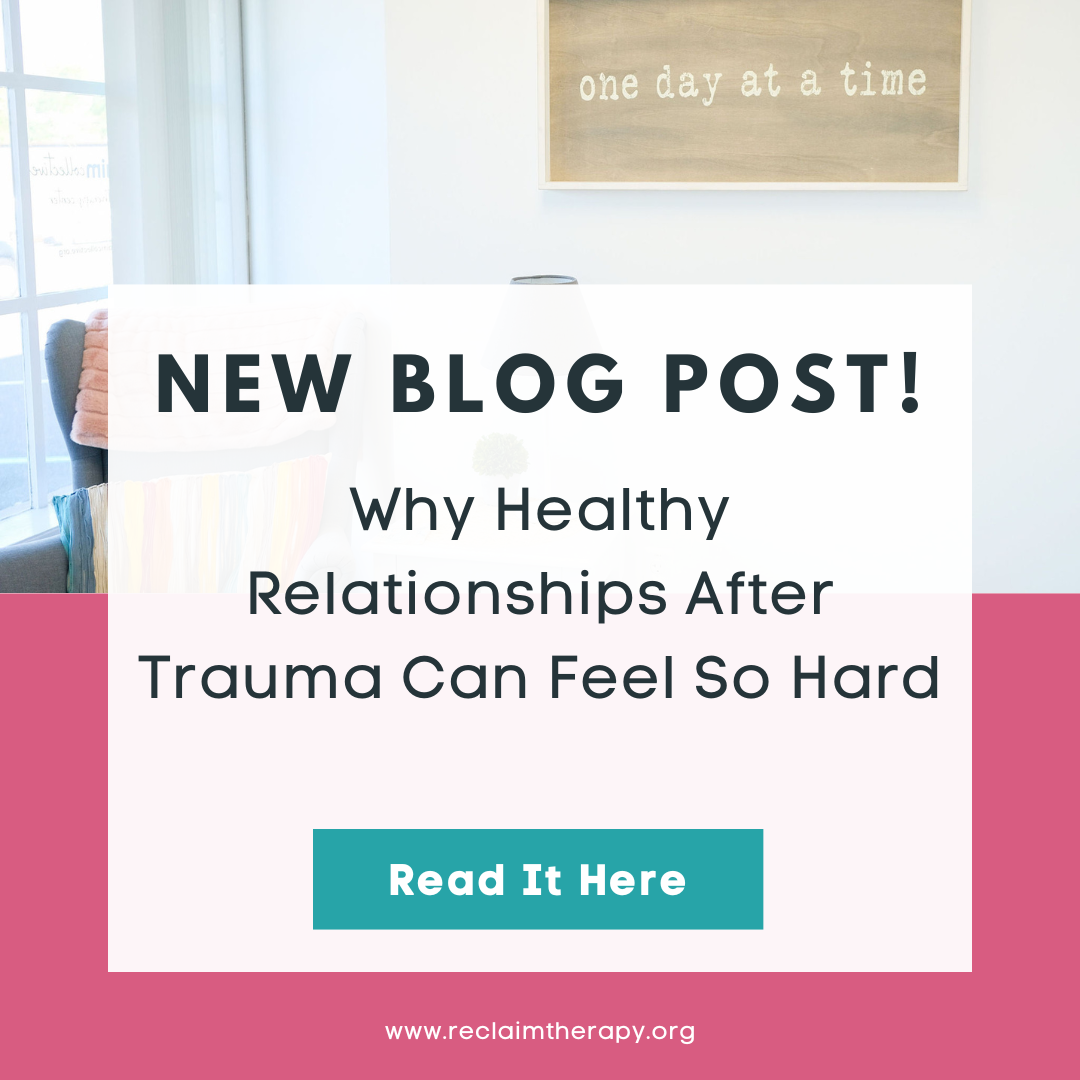



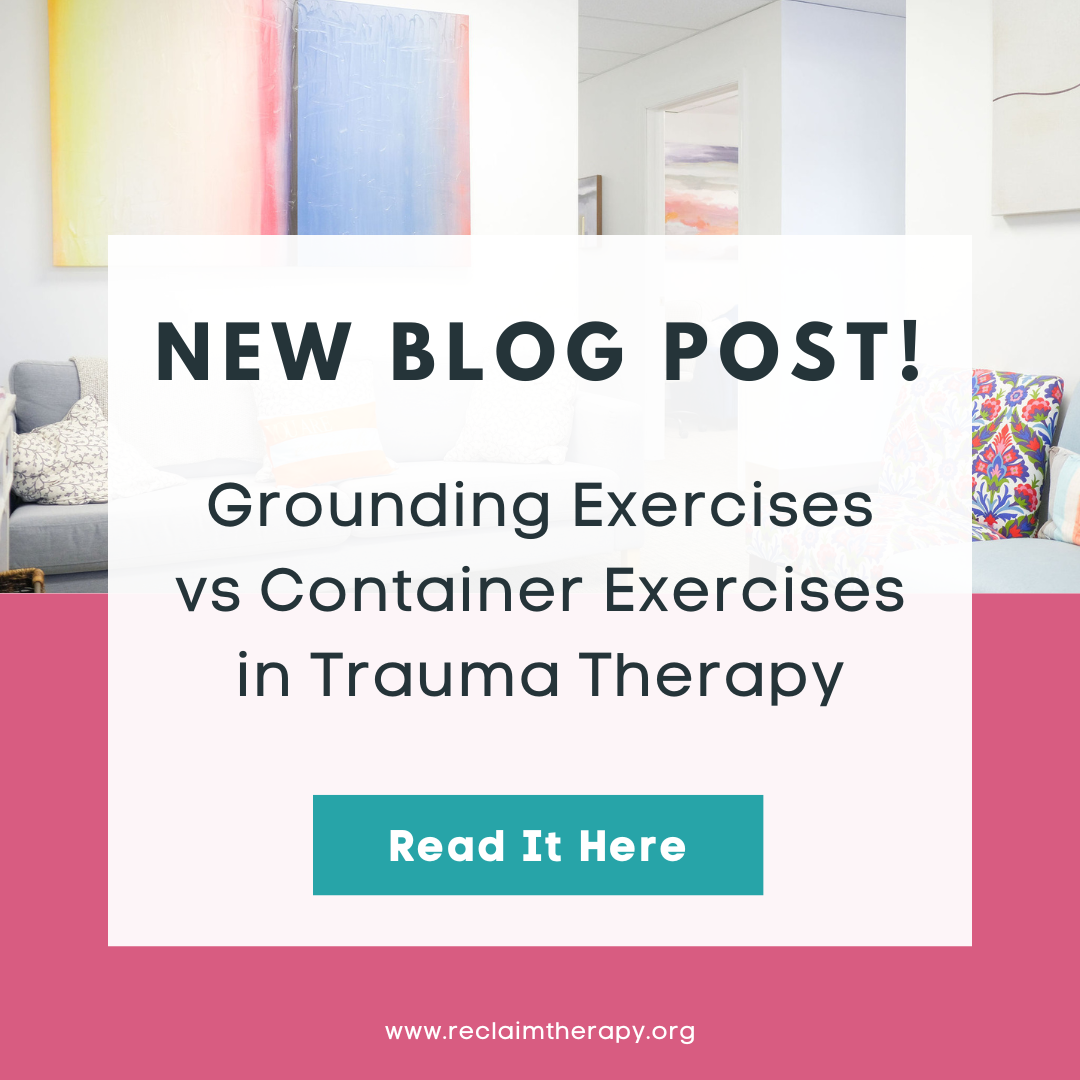





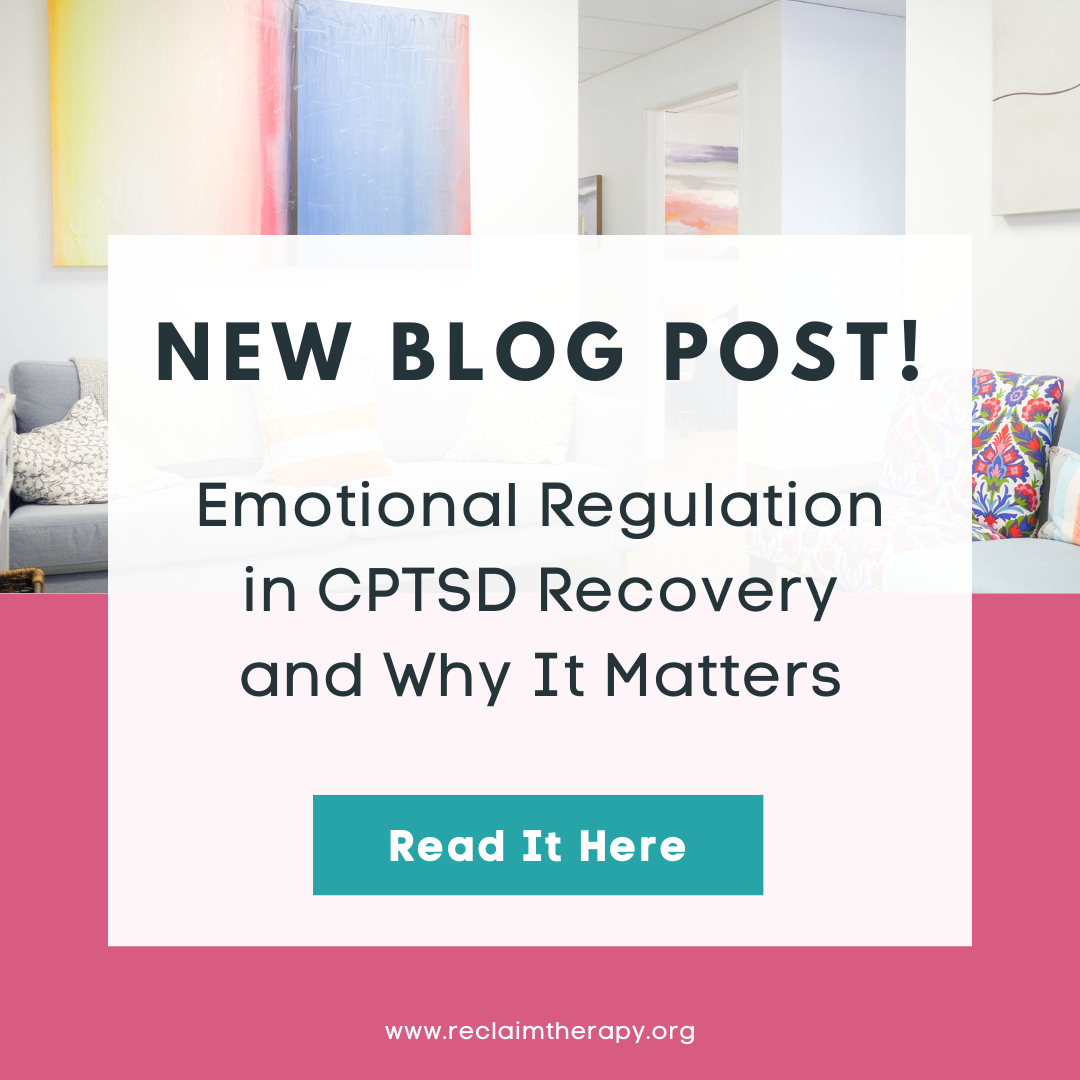



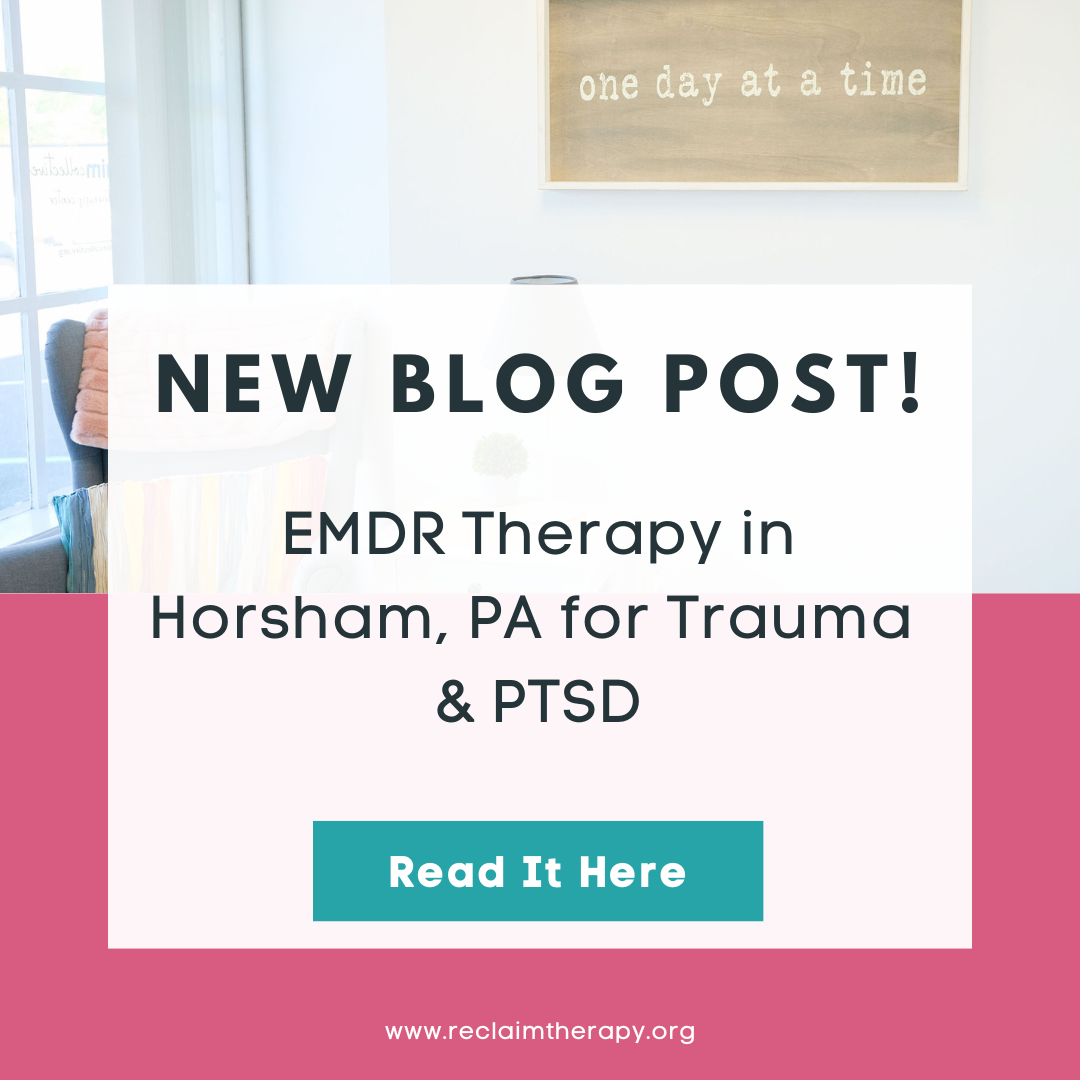
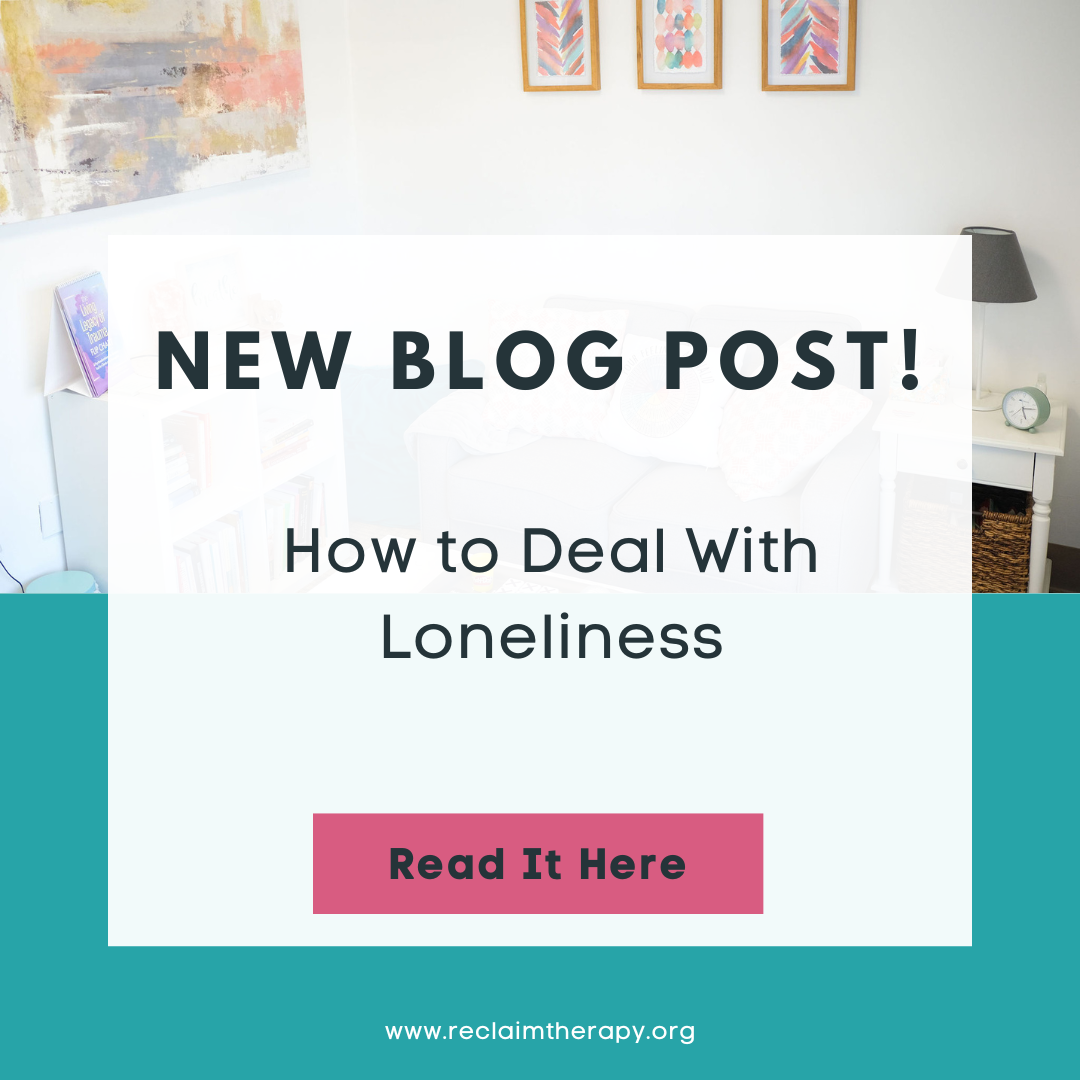
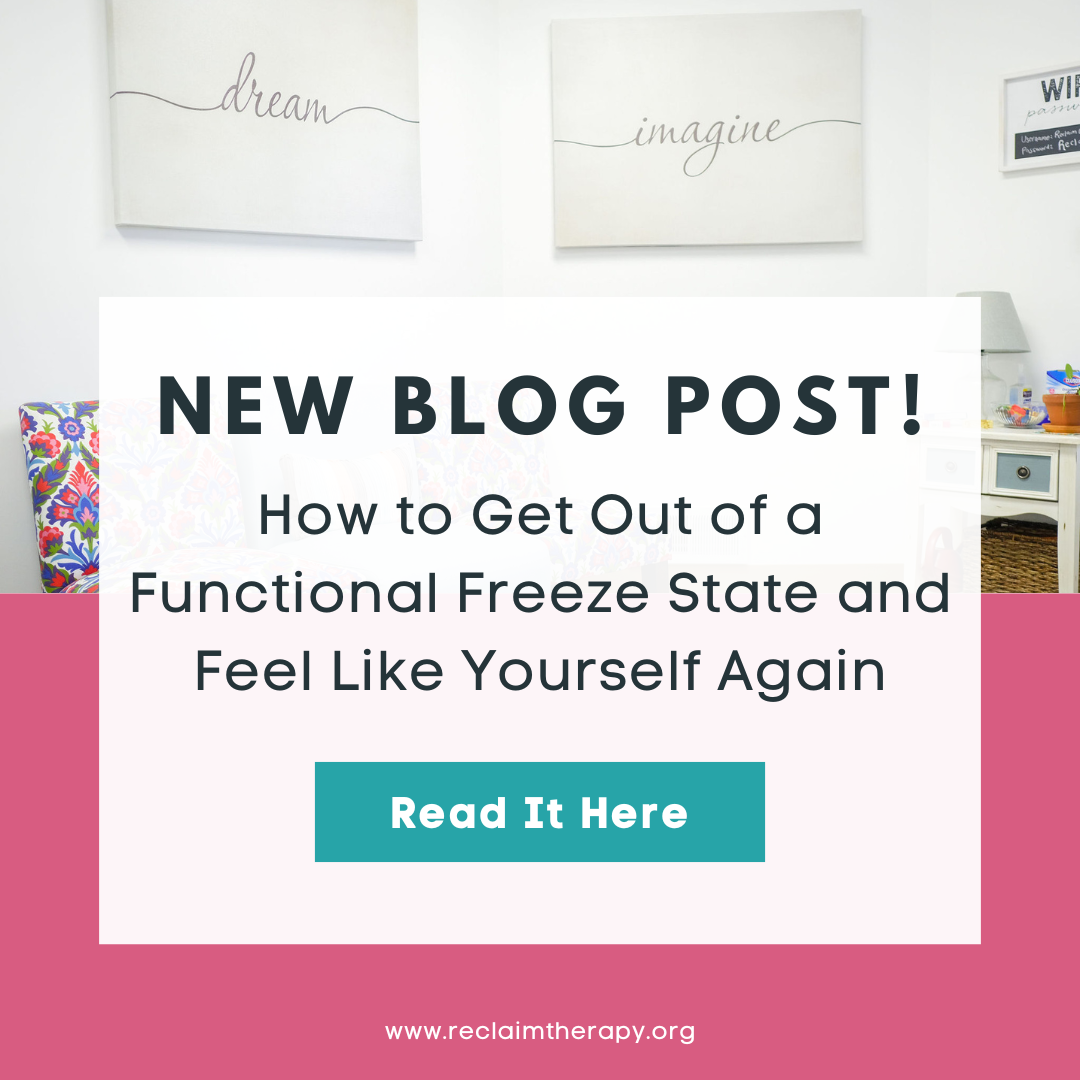

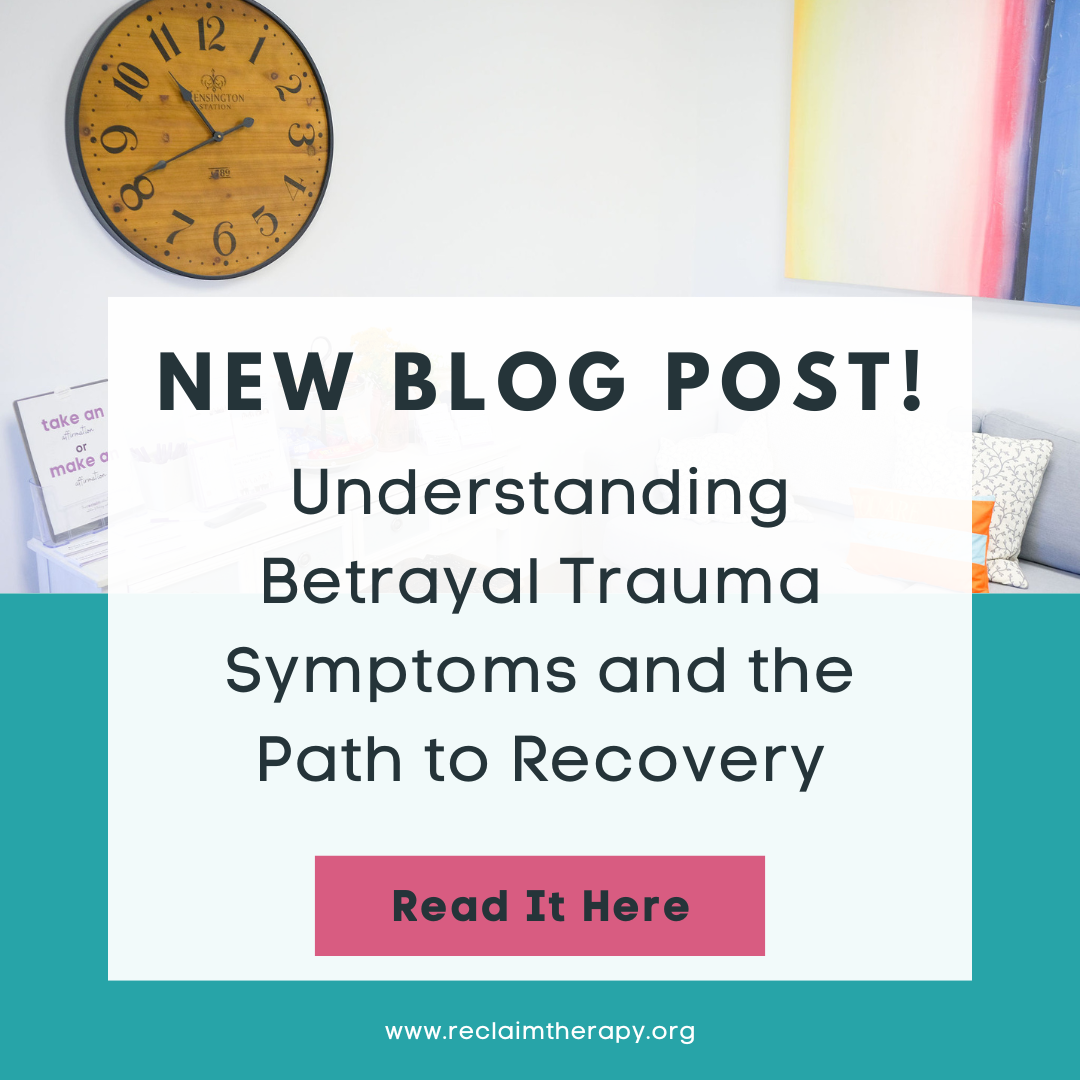





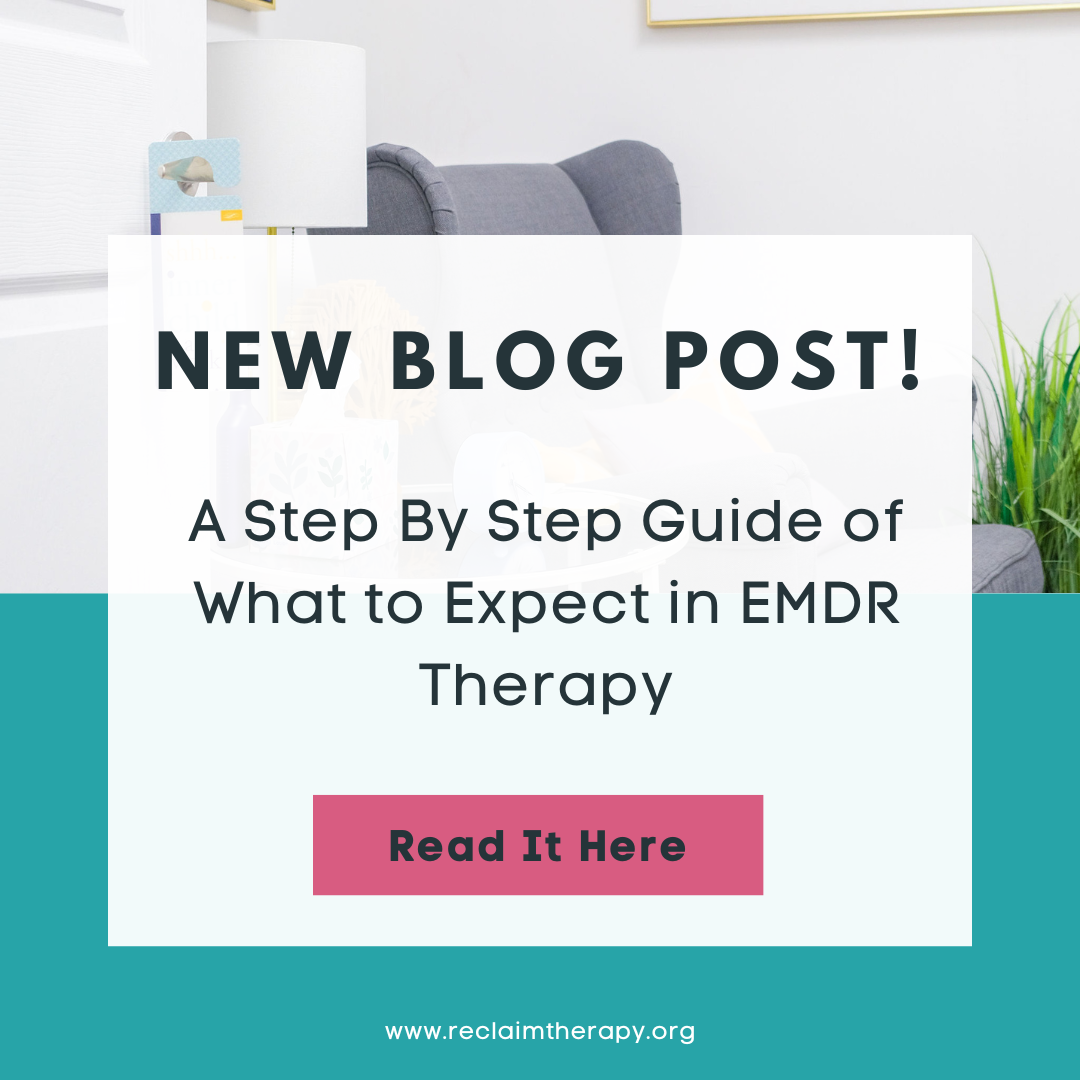


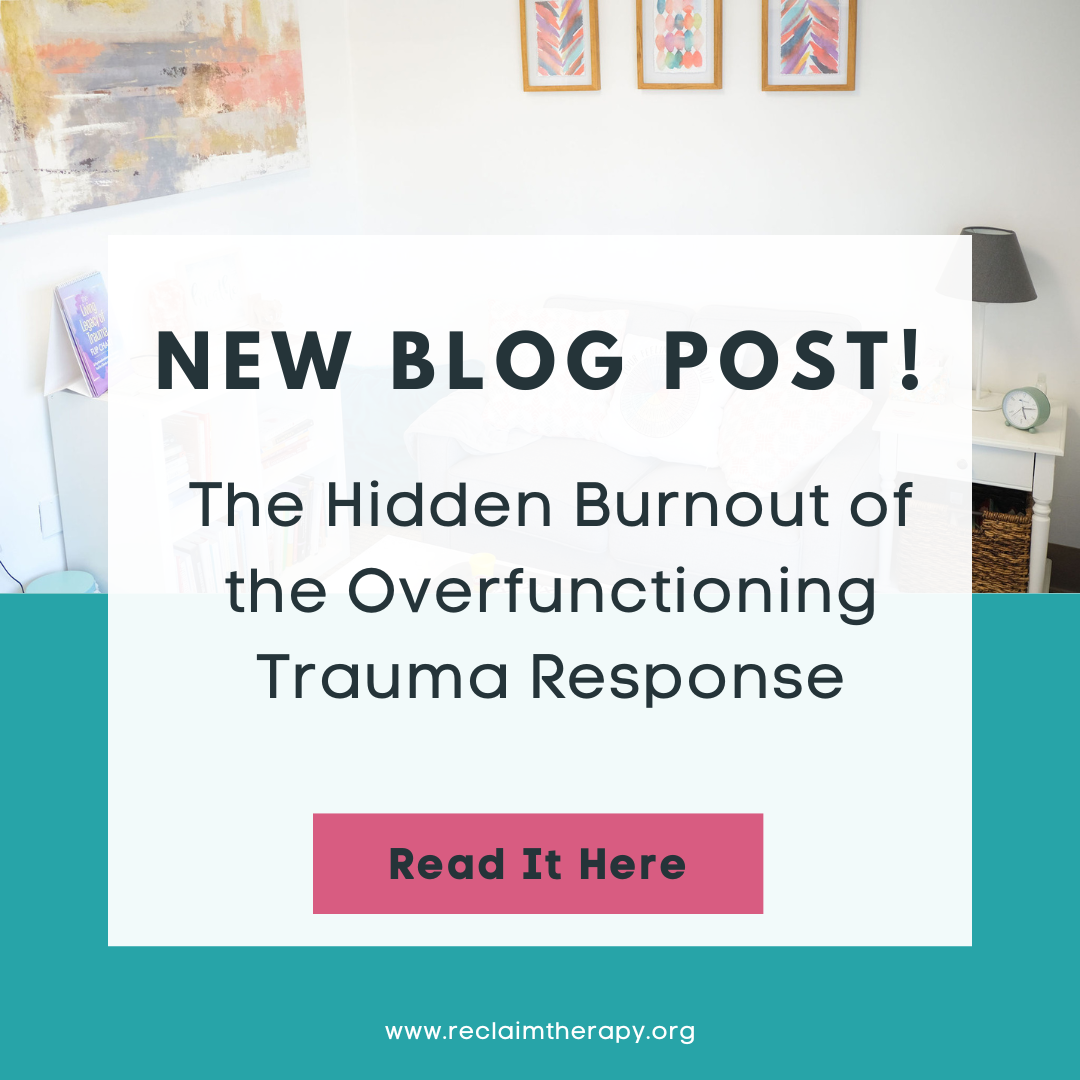
People throw around "emotionally available" like it's a checkbox on a dating profile or something you can will yourself into becoming if you just try hard enough.
And if you've ever felt like you want to be close to people but something inside you slams the door shut? That way of thinking about it doesn't just miss the point, it can really reinforces shame.